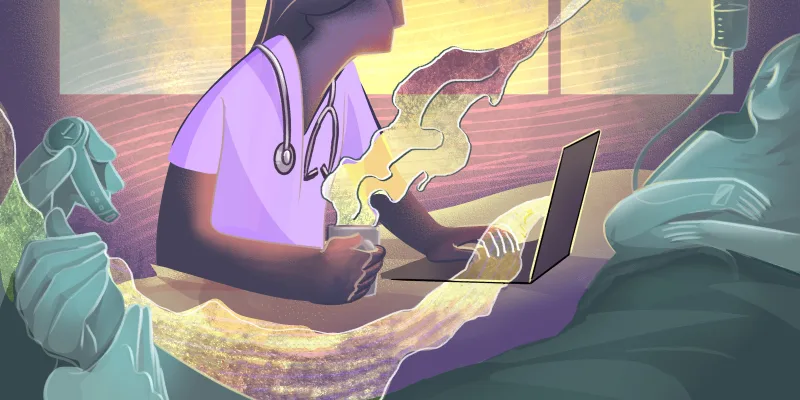
The recent widespread recognition, followed by disapproval, of sexual harassment across many work places, signals a paradigm shift in social attitude towards the egregious acts.
The male-dominated hierarchies that have driven quid pro quo harassment will now face consequences for such behavior. Quid pro quo attempts to maneuver a woman who has legitimate aspirations to succeed through merit to the level of prostituting herself in order to compete. Rather than seeing her as a an equal or superior intellect, men can then rationalize that she “slept her way up” or has no integrity compared to women who “stay in a woman’s place at home with the kids”, or who never speak up to confront aggressors.
Public censure and loss of a job for the harasser, or withdrawal of Title 9 Funds from an educational system complicit with blatant gender discrimination, may discourage such conduct. Only the negative reinforcement against outrageous expectations and entitlement of powerful men to any female body will end what has been years of suffering, not to mention abrogation of civil rights of women. A major example was portrayed in the televised hearing in 1991 of Attorney Anita Hill’s sexual harassment by (later Justice) Clarence Thomas, who then was confirmed anyway, promoting ongoing injustice against women. This happened in spite of a law passed by the Supreme Court in 1986 stating that a woman only need show that a work environment is hostile rather than giving evidence of a verbal proposition to make her case.
Movies and TV do celebrate casual sex, but that fantasy world should not be seen as a model that this is a universal blueprint for a mentally healthy lifestyle. In the workplace, civil decorum and respect between the sexes needs to replace a thinly hidden locker room mentality or old boy network.
Doctors, as patient advocates, have a responsibility to expedite this change, not only in consulting rooms, but in public forums. After all, empathy and avoidance of boundary violations are implicit in patient care.
As a psychiatrist, I have treated many cases of posttraumatic stress disorder (PTSD) in women who have been sexually harassed. Such women feel that they are not valued for what their brains and creativity can contribute to society, but are defined in the mind of the narcissistic harasser as only important for their gender/genitals. Their dreams of reaching their full career potential are diminished. They cannot take pride in their accomplishments. Up to this point, their only alternative has been to leave the field of endeavor, thus depriving society of their talents. These women are angry, and feel alienated and disenfranchised.
Sexual harassment cannot be ascribed “only” to domination, but to a hatred of women, termed misogyny. This is illustrated in the case of a patient who had a successful career in a government paramilitary organization. She was sexually harassed, then threatened during target practice, and finally relieved of her gun, badge, and job on a trumped up charge of conduct unbecoming an officer. She is now retired on disability.
Retaliation for refusal to submit ranges from overt to subtle. Simply not acknowledging a woman’s achievements in terms of excellence or productivity is an effective put-down.
Thus, I urge doctors of both genders to speak out, and support women who have been harassed. Counteract complicity: Join in banning harassers from being able to continue.
As an aside, I have also treated many male patients for PTSD, both related to the military, or related to personal bullying in a hostile work environment. But, sad as these cases also are, they do not involve the deeply humiliating intention or act of forced sex.
Perhaps the social psychologists could step up to the plate, and initiate new social structures, which do not involve hierarchies and pecking orders, or in which women have their own organizations within the companies to provide checks and balances.
Electronically Signed By:
Gillian (Jill) Karatinos, M.D.
Diplomate American Board of Psychiatry and Neurology Diplomate, UCNS Neuropsychiatry GK: sp D100640







